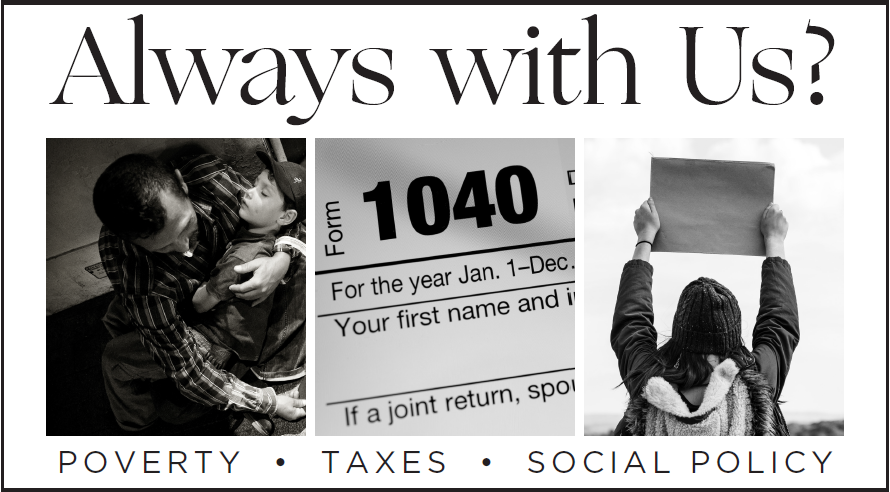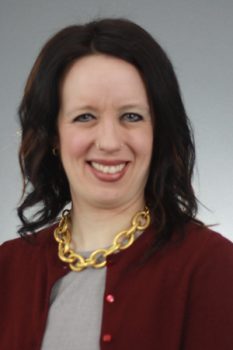
JCRSJ Symposium to Focus on Taxes and Poverty
On Friday, November 2, the Washington and Lee Journal of Civil Rights and Social Justice (JCRSJ) will host its annual symposium in the Millhiser Moot Court Room, Sydney Lewis Hall on the campus of at Washington and Lee University.
The symposium will begin at 8:45 a.m. and conclude at 1:15 p.m. The event is free and open to the public.
The symposium is titled “Always with Us? Taxes, Poverty, and Social Policy.” Topics for discussion at the symposium include “Refundable Tax Credits as a Social Safety Net,” “Tax Incentives and Economic Development,” and “Universal Basic Income and Other Proposals for Reducing Inequality.”
The event will feature a keynote address by Susannah Camic Tahk. Tahk is Associate Dean for Research and Faculty Development at the University of Wisconsin Law School, where she researches and teaches tax law and policy and supervises UW Law’s Volunteer Income Tax Assistance program. Tahk is currently writing a book tentatively titled “The Tax War on Poverty” that explores the reasons for and consequences of tax policies that address poverty in the U.S.
Panelists for the symposium include Damon Jones (University of Chicago), Benjamin Leff (American University-Washington School of Law), Matthew Rossman (Case Western School of Law), Leslie Book (Villanova University Charles Widger School of Law), Nina Chowdhry (Ernst & Young), Michelle Layser (University of Illinois College of Law) and Jonathan Grossberg (Robert Morris University). W&L professors Michelle Drumbl (Law School) and Art Goldsmith (Williams School) will also serve as panelists.
The symposium is co-sponsored by the Dean’s Office, the Frances Lewis Law Center, the Office of the Provost, the Class of 1960 Endowment, and the Shepherd Program for the Interdisciplinary Study of Poverty and Human Capability.
The mission of the Washington and Lee Journal of Civil Rights and Social Justice (JCRSJ) is to explore the intersection of majority and minority culture through discrete legal issues. To that end, the Journal seeks to provide a space for scholars of all persuasions to expand and develop a theoretical, critical, and socially relevant dialogue with the legal community.
 Susannah Camic Tahk
Susannah Camic Tahk
You must be logged in to post a comment.